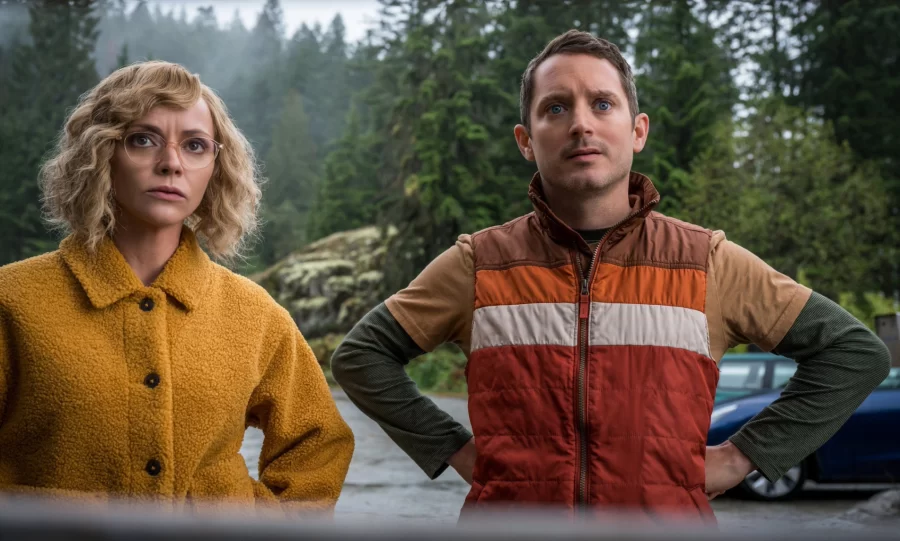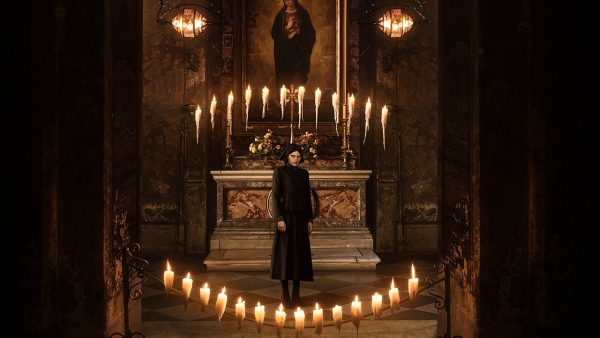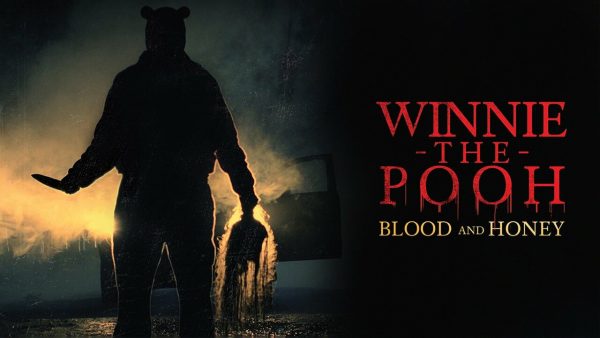‘YellowJackets’ is a wild ride
Cult favorite leans in
April 9, 2023
The first season of “Yellowjackets” was a stellar debut with an excellent soundtrack, careful pacing and a thrilling story. The mystery that looms over the narrative lies within their time stranded, and the show manages to hold its cards while remaining engaging, revealing information slowly and deliberately in order to deliver a cathartic punch. The first episode of season two came out March 26, opening where we left off with winter just beginning in the wilderness. While the body of one of their teammates lies freezing in the shed outside, tensions in the cabin rise as food runs out.
The threat of cannibalism in “Yellowjackets” is more a promise than a mere possibility, with the show setting it up since the first episode. We know from the beginning the lengths the girls will turn to in order to survive — the question is how they reach that point. In an interview showrunner Ashley Lyle told IndieWire “You’ve got to earn cannibalism,” and earn they did.
The starving soccer team’s first dip into cannibalism is a full-on nose dive as the girls take advantage of a golden opportunity. After the attempted cremation of their teammate in the freezing cold leaves the corpse seared to perfection, the smell of meat draws the girls to feast.
In this titular scene, the show juxtaposes the reality of the act with a fantasy. From one point of view, we see a pack of greedy animals picking apart a carcass, watched on in horror by their coach, and from another we witness a refined and decadent feast, a sumptuous reward for the struggle up until this point.
Apart from cannibalism — or rather, alongside it — the show delves deeper into the occult. As early as cannibalism was introduced, a cult surrounding it was as well. The first season did an excellent job of setting up the character of Lottie (Courtney Eaton), the eventual cult leader.
Lottie’s arc was my favorite thing about season one, and my expectations were high when I saw the ads for the upcoming season centered on her. The first season followed Lottie as a quiet but well-liked team member who transforms into something else entirely out in the wilderness. After the plane crash leaves her off her medication, she becomes plagued by prophetic visions of the future, each of which eventually come true.
Lottie is terrifying yet sympathetic, and the combination of masterful writing and an eerie performance from Eaton lead to her being the most compelling character on the show. The most important feat season two must pull off is handling Lottie just as well as last season while delivering the payoff the audience is waiting for. So far, it has done just that.
As Lottie’s influence grows, the team splits between skeptics of her power and fanatics. The show expertly explores the way vulnerable people take solace in anything that gives them a sense of control in an uncontrolled environment, blending the known and the unknown together seamlessly to create a truly immersive world.
Another interesting thing the show does is subvert the survival story narrative — in Western canon, survival stories are presented as a fight between man and the elements, where man must exert dominance over nature. “Yellowjackets” subverts this by portraying the wilderness as a cruel mother, rather than a savage enemy. To survive, the girls must learn to conform to its rules.
Despite all this, the show has one glaring problem — the present day. As I said, the show is split between their time stranded and the present, where the survivors do their best to put the past behind them. If this sounds less interesting than a bloody scrap for survival in the wilderness, that’s because it is. Instead of taking advantage of this by committing to a more somber, gritty tone that probably would have worked well with the show as a whole, the show tries to pump up the action by introducing story beats that threaten to expose the girls for their actions in the wilderness and jeopardize their futures.
This is a huge misstep, providing nothing to the show that justifies its existence. The dialogue is cheesy and the plot tends to meander, making it all the more frustrating when you are pulled out of an interesting scene in the past just to sit through the equivalent of an episode of Riverdale.
The best part of the flash-forwards is seeing how the trauma they endured as teens debilitates them and their ability to have fulfilling lives and connections to regular people. They are unable to live and love correctly now, the only lasting connections they have are to each other. That is bleak, but it’s also compelling. If the show would commit to that, it’d make for great TV.
“Yellowjackets:” ★★★☆☆














